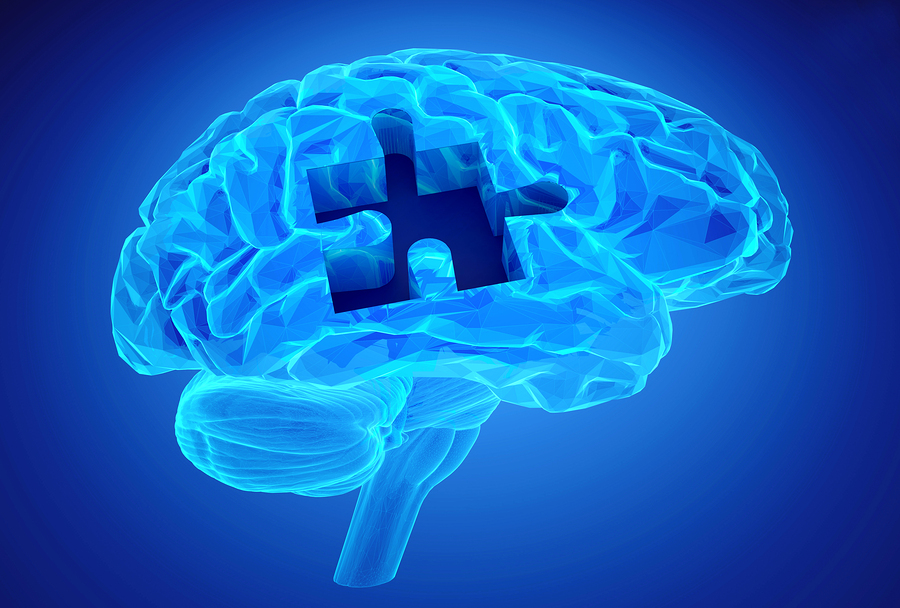A recent study, appearing in the Journal of Neuroscience (2008 Nov 5;28(45):11500-10) investigated the effect nicotinic acid (vitamin B3) had on mice that were specially bred to develop a condition that mimics Alzheimer’s disease in humans. A group of these specially bred mice and another, normal group of mice had nicotinic acid added to their drinking water. Another group of mice, used as a control, received no supplementation. At the end of four months the researchers found an increase in proteins that strenghen the microtubules in the brains of the supplemented mice. There was also less plaqing (phosporylated tau) in the brains of the supplemented rats. The untreated mice (the ones specially bred to have an Alzheimer’s-like disease), experienced memory loss. The specially bred mice that received the nicotinic acid performed memory tasks as well as the normal mice.
Niacin and Dementia






